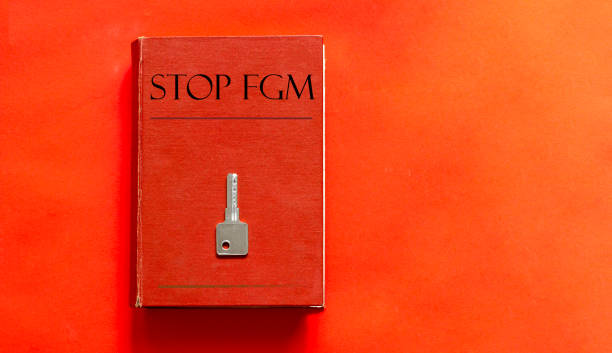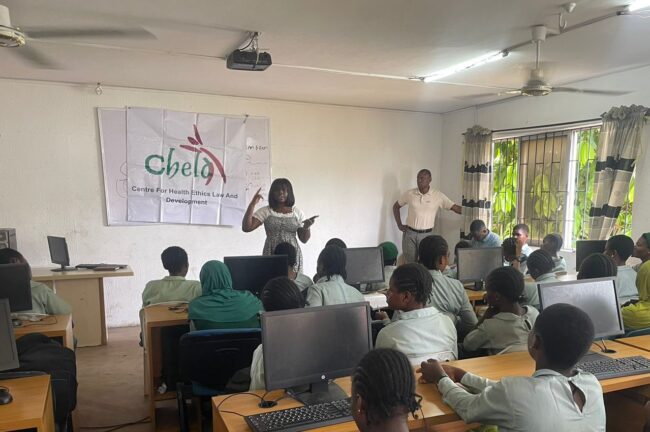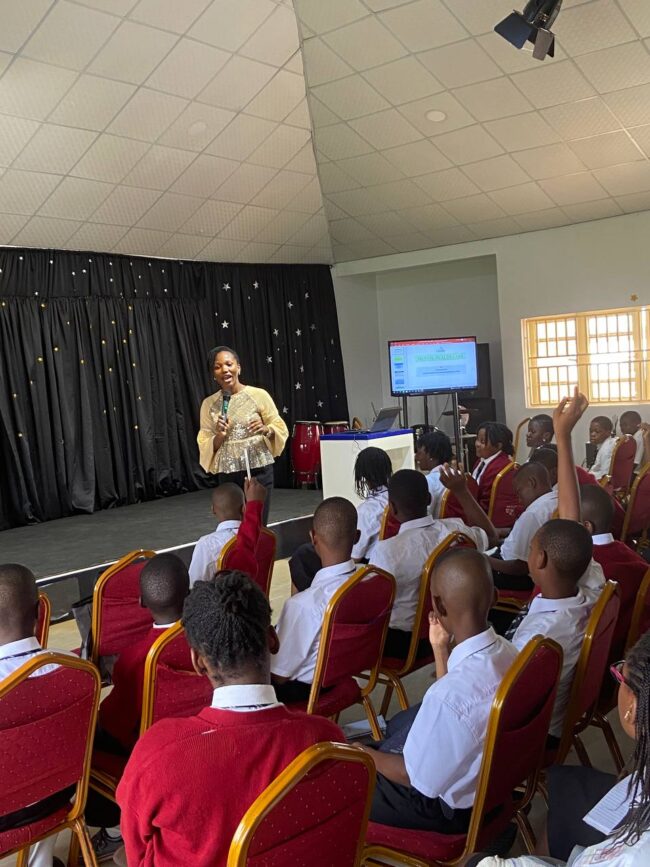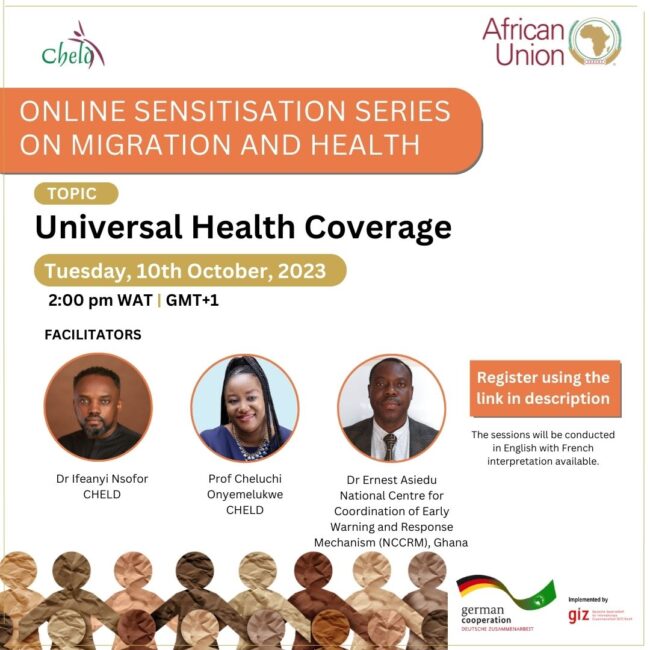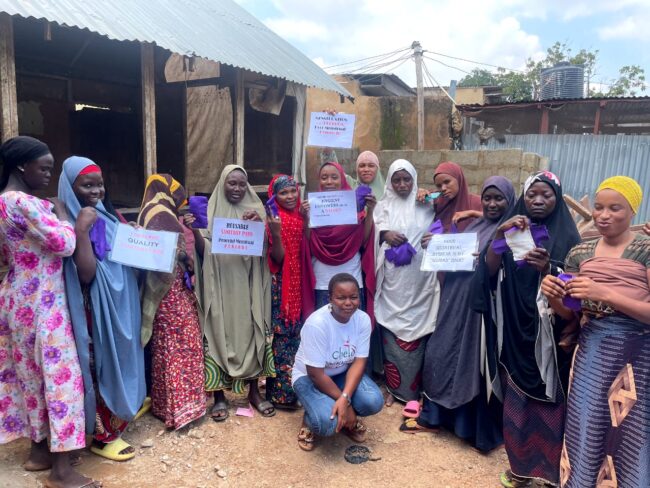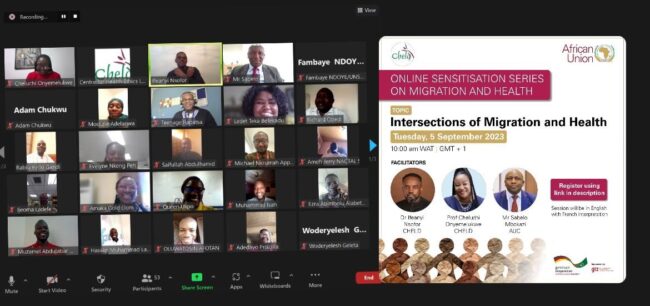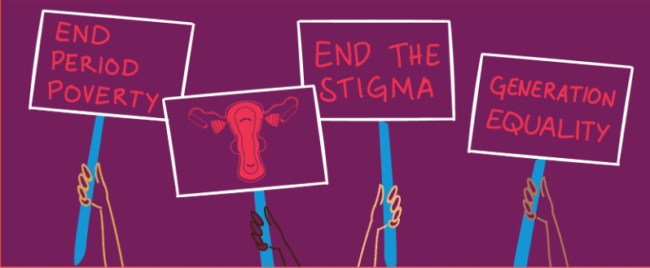Nigeria’s Path to Vision 2030 on Female Genital Mutilation (FGM)
Female Genital Mutilation (FGM) The destructive traditional practice known as female genital mutilation (FGM) involves the removal of the external female genitalia entirely or in part, along with other injuries to the female genital organs performed for non-medical reasons. Each country has its justifications for female genital mutilation (FGM) even though female genital mutilation (FGM)…


